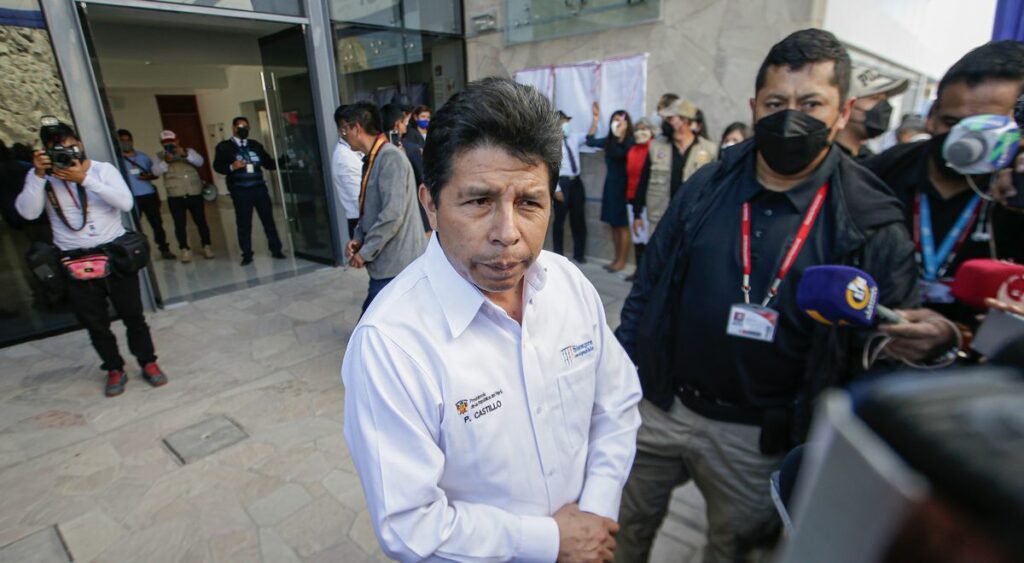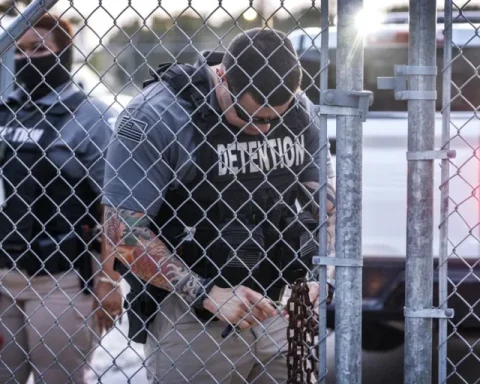Since losing his only son in an Israeli army operation two years ago, Baruch Ben Ygal has clung to one hope: to become a grandfather using sperm preserved in in vitro fertilization.
Source: AFP
Divorced, Baruch lived alone with his son Amit until he passed away in May 2020 at the age of 21.being hit by a stone thrown by a Palestinian during a military operation in the occupied West Bank.
A bill passed at first reading in Parliament in September could authorize Baruch to use the sperm of your child for in vitro fertilization with a woman of your choice.
Until now, only the soldier’s wife could get his spermwhich could be used if extracted within 72 hours of death.
“Amit was my whole life. Even today, I cannot pronounce the word ‘death’”, explains the 53-year-old father, in his apartment in Ramat Gan on the outskirts of Tel Aviv.
Photos and drawings of Amit’s face completely cover the walls of his old room. On her bed, her father placed T-shirts with the face of her son, as well as the cover of a newspaper in which she appears posing with dozens of babies named Amit in honor of her son.
Babies are exactly what Baruch Ben Ygal would like to have in his apartment.
“I want to be happy again, I want to see one or two of Amit’s children in this house, during Shabbat, during the holidays,” said the Jewish history professor, who considers that the army has a “responsibility to help him be a grandfather ”.
If the text is approved, from now on the soldier must say, at the beginning of his compulsory military service, if you allow your wife or parents to use your sperm if you die.
– “Moral obligation” –
Zvi Hauser, the right-wing MP who drafted the bill, understands that the idea may seem strange, and even shocking.
But he assures that his project provides for a legal framework to prevent drift, based on the consent of the soldier and a thorough control of the files of the women who wanted to carry out the fertilization.
The law will apply to all deaths, but it was originally proposed to respond to the specific case of soldiersHauser explained.
“If you die in a car accident, (it was) you who decided to hit the road. When you die in the army, it’s the army that decided you were there,” he told AFP. “They owe you something and not just money.”
Irit Oren Gunders, director of an association to support families of soldiers killed in service, speaks of “moral obligation” to ensure family “continuity”still bringing fatherless children into the world.
For her, this law is similar to the assisted reproduction law, which allows single women to have children.
“There are many women who go to banks sperm and they don’t know who the donor is (…) In this case, everyone wins: we will be able to tell the children who their father was, a hero who fought for his country”, says Oren Gunders.
– “Ethical problem” –
Approved without reservations on first reading, the text of the law provoked some criticism, especially among the rabbis.
Although Binyamin David of the Puah Rabbinical Institute claims to understand “the pain” of the families of dead soldiers, this rabbi points out “an ethical problem” in the fact of “using” a child “as a commemoration of his deceased father”.
It is not certain that Amit would have wanted to have a child with a woman he did not know.he added.
Amit Ben Ygal wanted children and had a girlfriend when he died, but she feels too young for a pregnancy, the soldier’s father said.
He claimed to have been contacted by hundreds of women wishing to be the mother of his grandson, assuring that he would give the mother space.
Baruch affirmed that he needed a grandson “to continue living”. Showing her half-empty apartment, she said, “If I know that I will have grandchildren who will be here when I leave, I will leave happy.”


















